
Tchaikovsky: Symphonies Nos. 4, 5 & 6 - Gergiev (2011)
Genre : Music
Runtime : 2H 30M
Director : Andy Sommer
Synopsis
Valery Gergiev is widely recognised as the greatest modern interpreter of Tchaikovsky’s music and the Mariinsky holds a peerless reputation in the repertoire. Together they deliver definitive interpretations of Tchaikovsky’s most popular symphonies. These acclaimed performances were filmed at Salle Pleyel in Paris during January 2010, directed by Andy Sommer. The themes of fate and death pervade Tchaikovsky’s final symphonies. The composition of the Fourth Symphony coincided with the breakdown of Tchaikovsky’s marriage and a failed suicide attempt, yet he considered it to be his greatest. In contrast he believed his Fifth to be flawed and uninviting, yet today this heartfelt work is widely regarded as one of his finest. The subject of fate is further instilled in the Sixth Symphony, premiered shortly before Tchaikovsky’s death. It was posthumously entitled ‘Pathétique’ by his brother and is a deeply melancholic work, full of dynamic extremes and an inherent sense of finality.
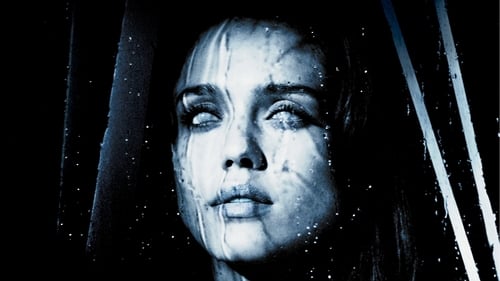
Violinist Sydney Wells was accidentally blinded by her sister Helen when she was five years old. She submits to a cornea transplantation, and while recovering from the operation, she realizes that she is seeing dead people.

The Parrs' baby Jack-Jack is thought to be normal, not having any super-powers like his parents or siblings. But when an outsider is hired to watch him, Jack-Jack shows his true potential.
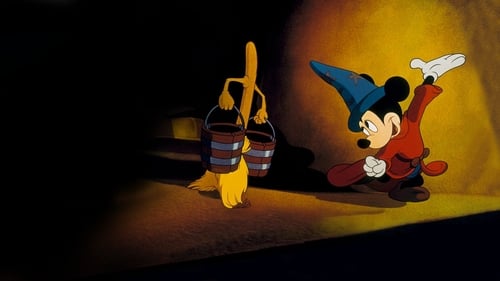
Walt Disney's timeless masterpiece is an extravaganza of sight and sound! See the music come to life, hear the pictures burst into song and experience the excitement that is Fantasia over and over again.
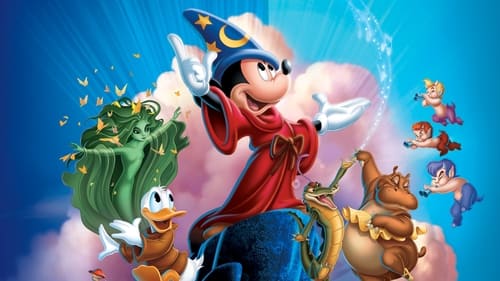
Blending lively music and brilliant animation, this sequel to the original 'Fantasia' restores 'The Sorcerer's Apprentice' and adds seven new shorts.
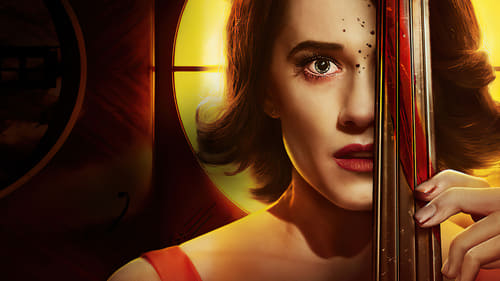
When troubled musical prodigy Charlotte seeks out Elizabeth, the new star pupil of her former school, the encounter sends both musicians down a sinister path with shocking consequences.
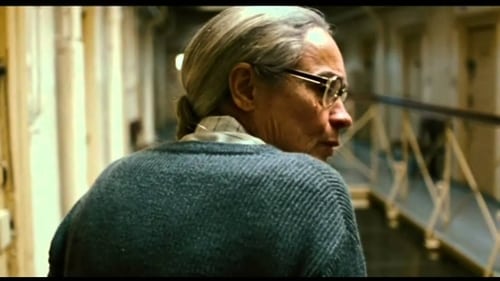
Jenny is young. Her life is over. She killed someone. And she would do it again. When an 80-year-old piano teacher discovers the girl’s secret, her brutality and her dreams, she decides to transform her pupil into the musical wunderkind she once was.

A fictionalised exploration of Beethoven's life in his final days working on his Ninth Symphony. It is 1824. Beethoven is racing to finish his new symphony. However, it has been years since his last success and he is plagued by deafness, loneliness and personal trauma. A copyist is urgently needed to help the composer. A fictional character is introduced in the form of a young conservatory student and aspiring composer named Anna Holtz. The mercurial Beethoven is skeptical that a woman might become involved in his masterpiece but slowly comes to trust in Anna's assistance and in the end becomes quite fond of her. By the time the piece is performed, her presence in his life is an absolute necessity. Her deep understanding of his work is such that she even corrects mistakes he has made, while her passionate personality opens a door into his private world.
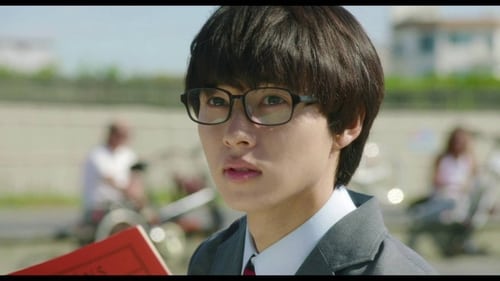
Arima Kousei won numerous piano competitions while under the strict watch of his mother. He was known as the human metronome during that time. Since the death of his mother, Kousei has been unable to hear the sound of his piano. He then meets Miyazono Kaori through childhood friend Sawabe Tsubaki. Kaori plays the violin and has a free sprit. Since meeting her, Kousei is able to face the piano again. Meanwhile, Kaori holds a secret.
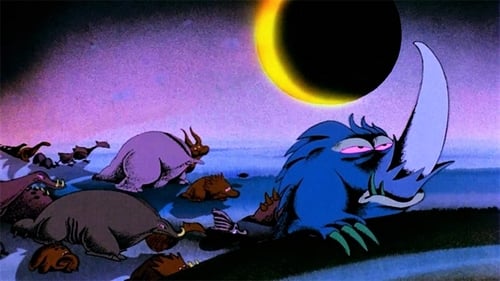
The film is a parody of Disney's Fantasia, though possibly more of a challenge to Fantasia than parody status would imply. In the context of this film, "Allegro non Troppo" means Not So Fast!, an interjection meaning "slow down" or "think before you act" and refers to the film's pessimistic view of Western progress (as opposed to the optimism of Disney's original).
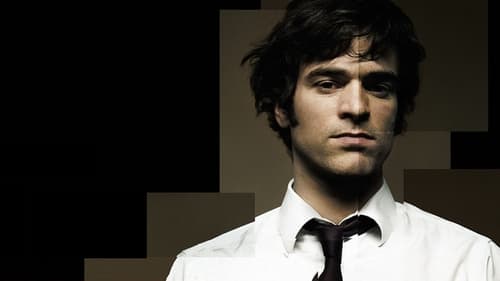
Like his father, Tom is a real estate agent who makes his money from dirty, and sometimes brutal, deals. But a chance encounter prompts him to take up the piano and become a concert pianist. He auditions with the help of a beautiful, young virtuoso pianist who cannot speak French - music is their only exchange. But pressures from the ugly world of his day job soon become more than he can handle.

Nodame and Chiaki mutually decide that it would be for the best if they parted ways for a while so Nodame can practice for an upcoming competition. However, when things don’t go her way, she gets impatient and depressed. While Nodame is away, Chiaki’s former pianist Rui Son returns to take her place. To make matters worse, Rui and Chiaki are set to play the song Nodame dreams of playing with Chiaki herself: Ravel’s “Concerto in G Minor”.

Solange is depressed: she's stopped smiling, she eats little, she says less. She has fainting fits. Her husband Raoul seeks to save her by enlisting Stephane, a stranger, to be her lover. Although he listens to Mozart and has every Pocket Book arranged in alphabetical order, Stephane fails to cheer Solange. She knits. She does housework. Everyone, including their neighbor a vegetable vendor, agrees that she needs a child, yet she fails to get pregnant by either lover. The three take a job running a kids' summer camp where they meet Christian, the precocious 13-year-old son of the local factory manager. It is Christian who restores Solange to laughter
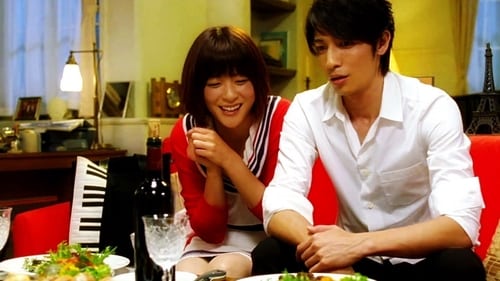
Chiaki is an aspiring conductor who faces the challenge of leading an orchestra which is made up of substitutes. Nodame gives her support to her beloved as she works hard towards achieving her dream to pass a promotion exam at their music conservatory. Will Chiaki be able to revive a broken down orchestra and launch his musical career? What will become of Nodame and Chiaki's relationship?
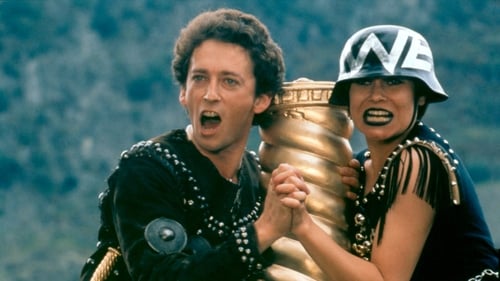
Famed composer Gustav Mahler reflects on the tragedies of his life and failing marriage while traveling by train.
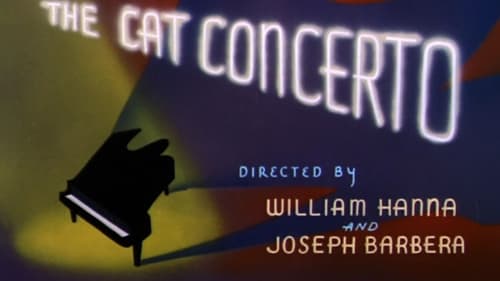
Tom enters from stage left in white tie and tails, sits at the piano, gets his focus as the orchestra in the pit beneath him warms up, and begins to play Liszt's "Hungarian Rhapsody". Unbeknownst to Tom and the audience, Jerry is asleep across several of the high-note keys inside the instrument, so Tom's playing eventually wakes him. Jerry is pummeled by hammers, bounced by wires, and squeezed by Tom as the cat tries to play the concerto while dispensing with Jerry. Jerry's defensive antics add to the brio of the program and answer Tom with Jerry's own skillful musical attack. By the concerto's end, the duet leaves only one animal standing for the audience's applause.
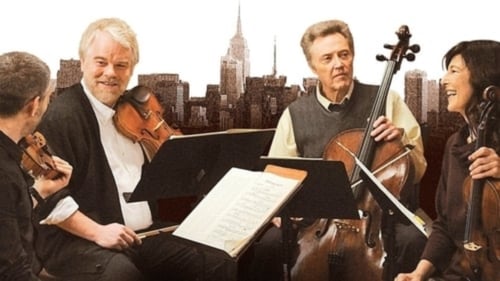
When the beloved cellist of a world-renowned string quartet is diagnosed with a life threatening illness, the group's future suddenly hangs in the balance as suppressed emotions, competing egos and uncontrollable passions threaten to derail years of friendship and collaboration. As they are about to play their 25th anniversary concert — quite possibly their last — only their intimate bond and the power of music can preserve their legacy.

Kumiko is now a second year and one of the senior players of the euphonium section. With new underclassmen joining the concert band, Kumiko will have to learn new things in order to deal with awkward and difficult underclassmen. She and third-year trumpeter Tomoe Kabe have been chosen to lead the new underclassmen members. Among the new members to Kumiko's bass section are euphonist Kanade Hisaishi, whose appearances are deceiving; tuba player Mirei Suzuki, who cannot adapt to her new environment; tuba player Satsuki Suzuki, who wants to get along with Mirei; and double bassist Motomu Tsukinaga, who cannot talk about himself. Between the Sunrise Festival, chair placement auditions, and the competition, a number of problems quickly begin to arise.
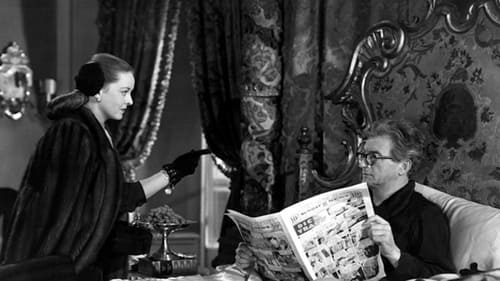
After marrying her long lost love, a pianist finds the relationship threatened by a wealthy composer who is besotted with her.
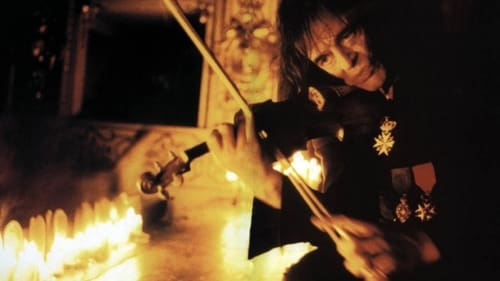
Legendary "devil violinist" Niccolo Paganini sets all of 19th century Europe into frenzy.
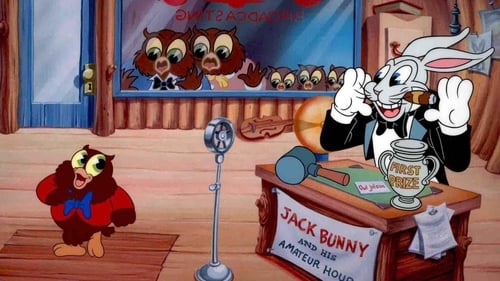
I Love to Singa depicts the story of a young owl who wants to sing jazz, instead of the classical music that his German parents wish him to perform. The plot is a lighthearted tribute to Al Jolson's film The Jazz Singer.























